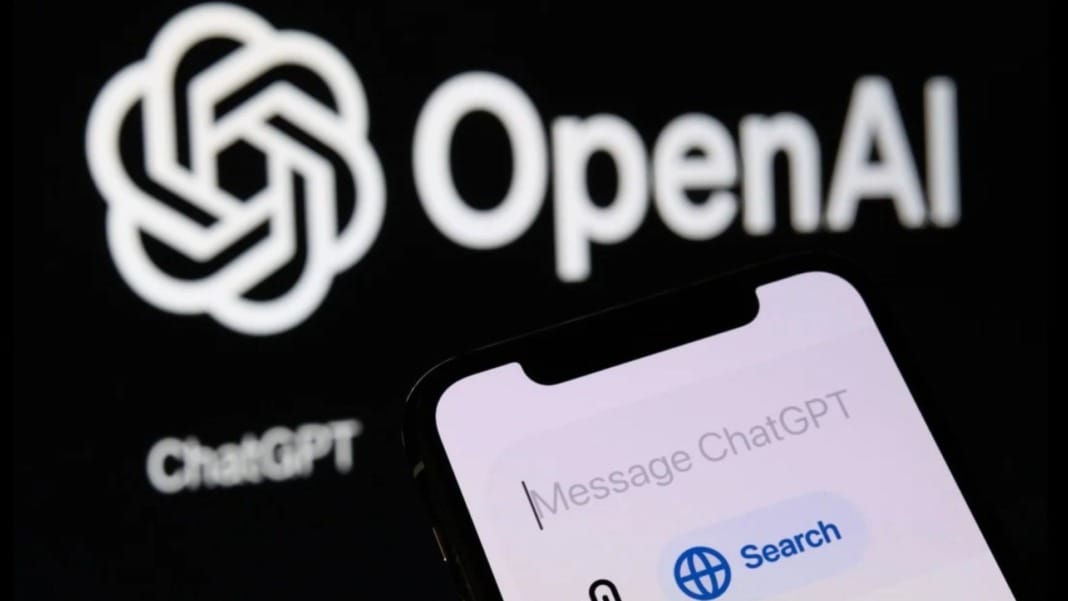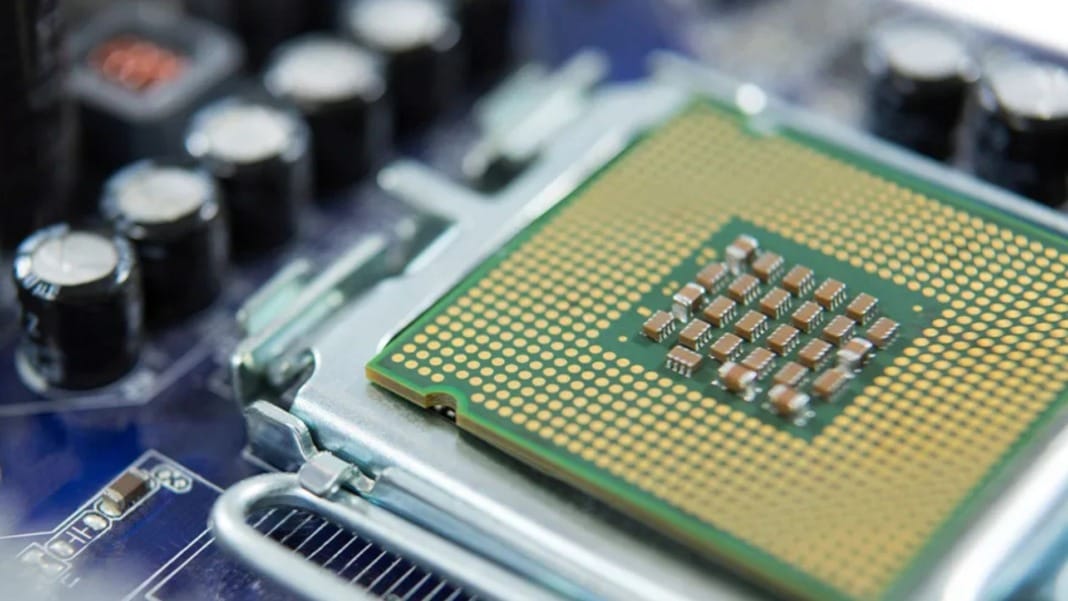ChatGPT aims for big growth in 2025, aiming to reach 1 billion users. As one of the top 10 websites on the internet, it’s clear that the platform has made a significant impact, but now, OpenAI is looking to accelerate that success. According to the Financial Times, the company plans to reach this milestone by investing heavily in its own data centres and exploring advertising strategies.
Since its public debut two years ago, ChatGPT has quickly become a favourite among users, gathering around 100 million users within just two months. Today, it boasts over 250 million weekly active users. However, despite its popularity, the platform is still working on developing a reliable and profitable business model. While ChatGPT has gained significant attention, OpenAI is now keen to compete with platforms like Instagram and TikTok, which have successfully built large and loyal audiences. Instagram, for instance, reached 2 billion monthly active users in April 2024, with 500 million daily active users, while TikTok continues to engage over 1 billion monthly users worldwide.
Profit plans and advertising strategies
As OpenAI looks towards expanding its user base, it is considering implementing ads to boost revenue. Sarah Friar, OpenAI’s Chief Financial Officer, has prior experience in advertising at companies like Nextdoor, Square, and Salesforce. She is now leading OpenAI’s exploration into advertising, although she noted that the company is still cautious about when and where ads will be introduced. There are no active plans to launch ads, but the company is exploring this route as a potential revenue stream.
This strategy is necessary as ChatGPT’s operational costs remain high. In 2023, estimates suggested that ChatGPT cost around $700,000 per day, or 36 cents per query, to operate. This expense has likely increased as OpenAI continues to improve its technology and add more features. The platform has shifted from a research project to a service primarily funded by its paid ChatGPT Plus tier and third-party developers using the enterprise API.
OpenAI’s data centre push
In addition to exploring advertising, OpenAI is also focused on developing its infrastructure to support future growth. The company has plans to build new data centres in the Midwest and southwestern United States, which will be key to meeting the demand for its services. OpenAI’s vice president of global affairs, Chris Lehane, confirmed these plans, noting that the company is also in discussions with the White House about the energy requirements of these data centres.
With the expectation that OpenAI will bring in US$3.7 billion in revenue in 2024, the company faces a challenge: its operational costs, including the maintenance of its servers and employee salaries, could amount to as much as US$5 billion. This highlights the need for OpenAI to grow its user base and improve its profitability. To meet these financial demands, OpenAI recently raised US$6.6 billion in funding through venture capital firm Thrive Capital, which valued the company at US$157 billion.
Looking to the future
OpenAI is not just focusing on user growth but is also eyeing new areas to expand its reach. The company has already begun researching services in the search engine and browser sectors, which could help it compete with other tech giants. Furthermore, OpenAI has been recruiting advertising experts from major companies like Meta and Google, signalling its intent to ramp up its efforts in the advertising space.
As OpenAI continues to grow and evolve, it will be interesting to see how its advertising and infrastructure development plans unfold. With a precise aim to reach 1 billion users and secure its position in the tech world, ChatGPT is undoubtedly one to watch in the coming years.





